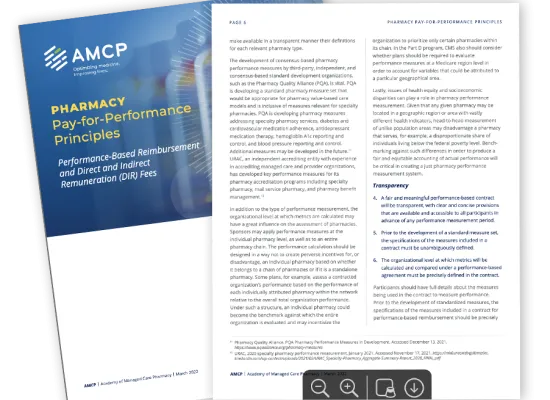
Value-Based Care
Discover key insights on value-based care to improve outcomes and cost-efficiency in managed care pharmacy. Access resources on innovative models, best practices, and strategies for delivering high-quality, patient-centered care.
Featured Resources









